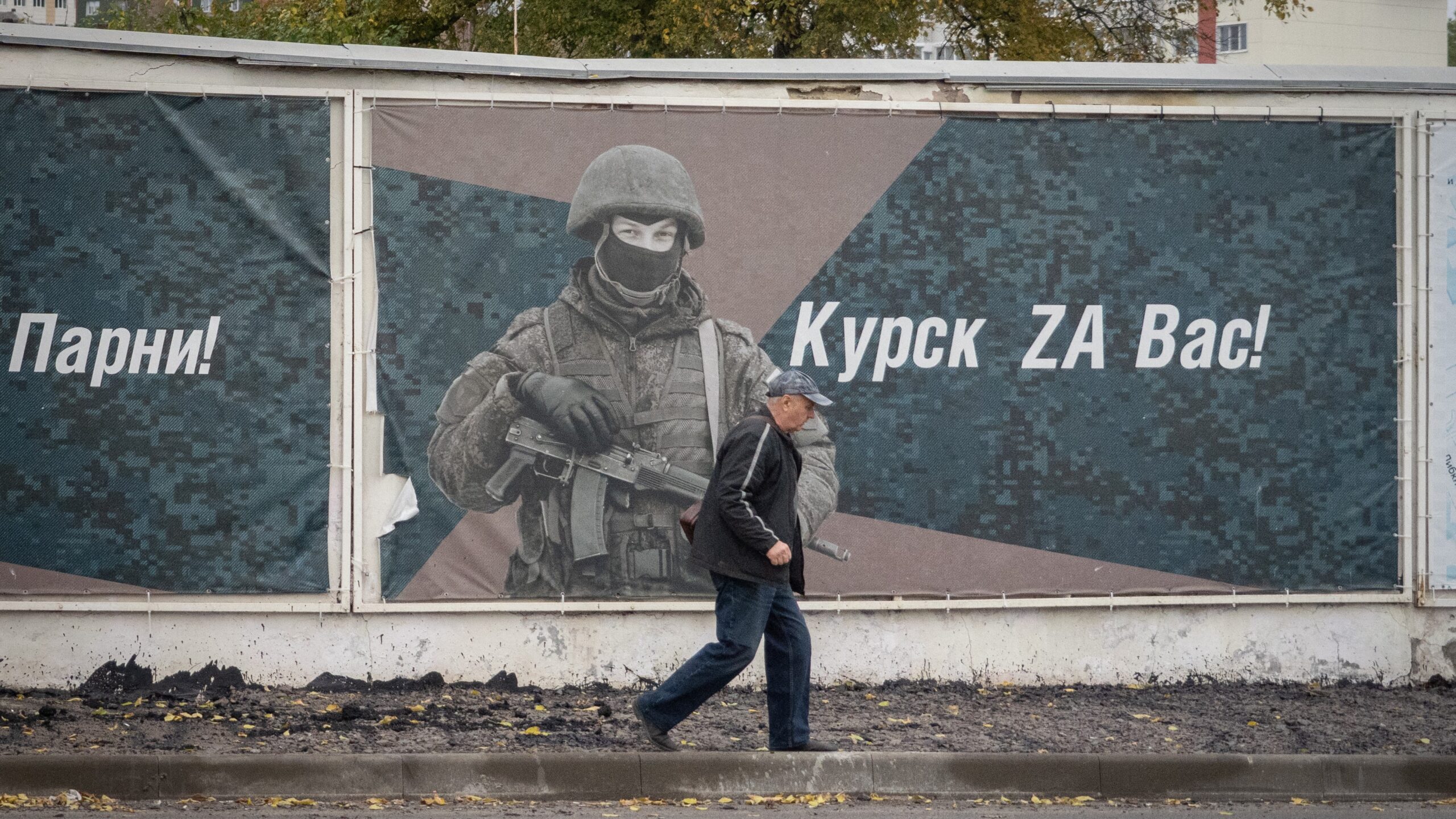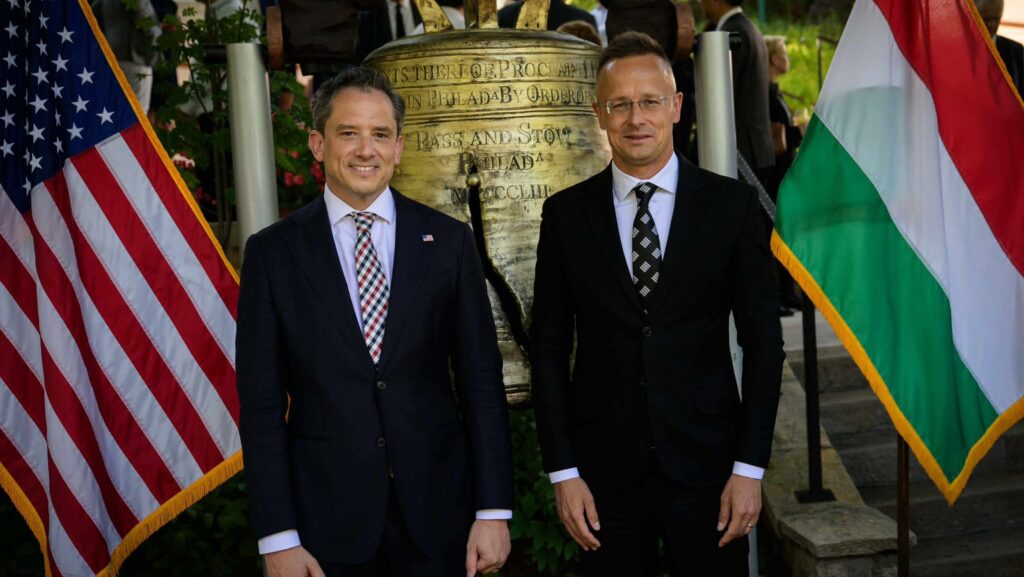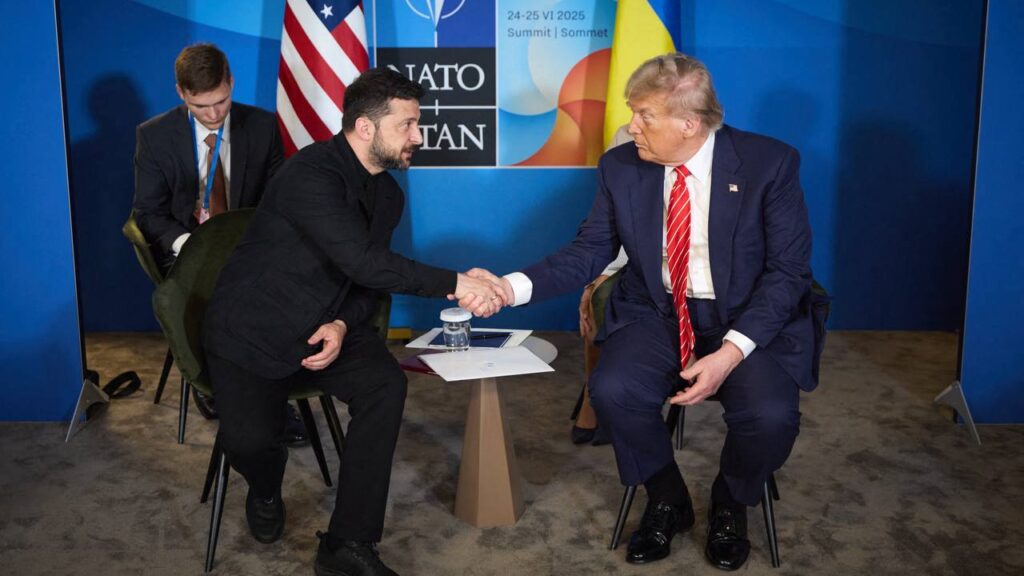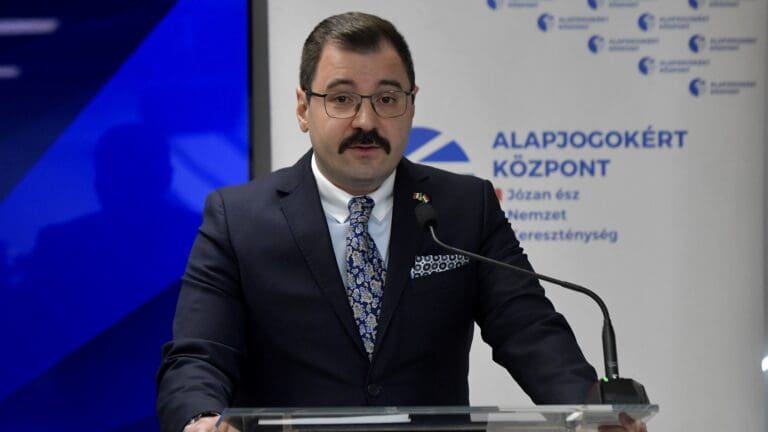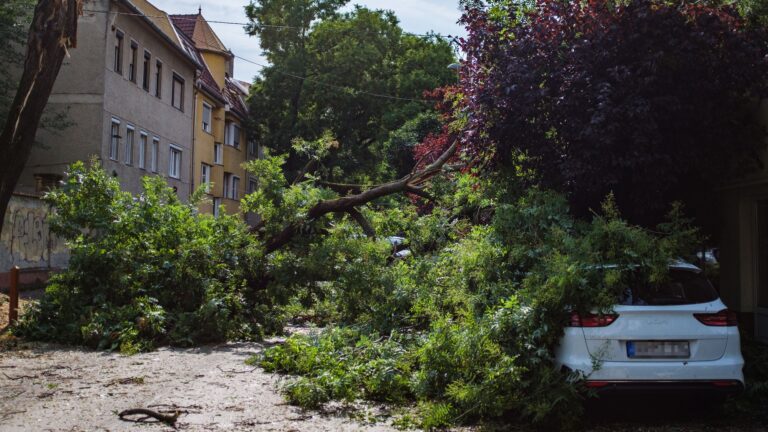Kyiv recently shared that it expects North Korean soldiers to be soon deployed on the East Ukrainian frontlines to aid the Russian troops. The White House also confirmed the arrival of 3,000 North Korean military personnel to Eastern Russia, underlying the ‘highly concerning probability’ that they will join the fight. On 24 October Vladimir Putin himself admitted, albeit indirectly, to the arrival of the North Korean soldiers, stating that it is up to Moscow how to run its mutual defence clause with Pyongyang, Reuters reported.
North Korea is known to have one of the largest militaries in the world, but its troops lack experience in battle. In addition to valuable combat experience Pyongyang might also expect to gain access to modern warfare technologies in exchange for its military services.
South Korea swiftly protested, summoning the Russian ambassador in Seoul, demanding the ‘immediate withdrawal’ of North Korean troops from the frontlines in Ukraine. South Korean reports expect 12,000 North Korean soldiers to be sent to Russia to be ’trained to fight’. In response to the escalation, Seoul is now considering sending military aid to Kyiv. South Korea was the world’s tenth largest arms exporter as of 2023, but it has so far provided Kyiv only with humanitarian aid.
The presence of North Korean soldiers on Ukrainian soil was earlier denied by both Russia and North Korea. Commenting on the matter, Kremlin spokesperson Dmitry Peskov told the media that the two countries’ cooperation is ’not directed against third countries’, leaving the question open whether North Korean soldiers are near the conflict zone or not. Pyongyang refused to comment on the press reports.
While it has still not been confirmed that North Korean soldiers are indeed to fight on Russia’s side, Pyongyang has been sending arms to Russia for months. The thousands of metric tons of munitions that Moscow has received from North Korea are known to have contributed to it outgunning Kyiv in the conflict. The two countries have also recently signed an agreement vowing to send troops to each other’s aid in the event of ‘aggression’ against the other country. In fact, on Thursday Ukraine’s military intelligence said that the first North Korean troops were deployed in Kursk Oblast, the part of Russia taken by the Ukrainian armed forces in a surprise attack on 6 August.
‘Pyongyang has been sending arms to Russia for months’
Others remain sceptical about the presence of North Korean fighters in Ukraine. The language barrier could make it potentially very difficult for Korean soldiers to effectively fight alongside Russians, for one. Although videos have surfaced on the internet about supposedly North Koreans receiving military uniforms in Russia, the authenticity of these recordings can be questioned. Firstly, it would not be the first instance of fake videos in this war; secondly, the people seen in the often blurry videos might just as well be Buryats or members of other Asian ethnic groups in Russia. As a matter of fact, about 100,000 Koryo-saram live in Russia. The term denotes ethnic Koreans who are living in the Russian Far East, most of whom arrived in Russia after the Japanese colonization of Korea in the early 20th century. Some of these Koryo-saram communities live in Primorsky Krai the administrative district of Russia that shares a border with North Korea. The language spoken by the soldiers on the videos could have possibly dispersed doubts, but according to CNN, the low-quality audio prevents the discussion from being understood.
NK NEWS on X (formerly Twitter): “NEW: New video appears to show North Korean soldiers receiving uniforms in Russia https://t.co/kDdSfDgY5B / X”
NEW: New video appears to show North Korean soldiers receiving uniforms in Russia https://t.co/kDdSfDgY5B
While the prospect of North Korean soldiers arriving at the front lines is alarming, there are already many foreign mercenaries fighting on the Russian side in Ukraine. Moscow has trained mercenaries near Aleppo, for instance, with at least 100 Syrians believed to have joined the Russian army. A couple of months ago, the government of Nepal has demanded the Kremlin stop recruiting Nepalese into its military. The Nepalese government confirmed the death of six of its nationals in Donbass, while CNN wrote about some 15,000 recruited Nepalese. Since the Crocus City Hall terror attack in Moscow, the Kremlin has also been recruiting Central Asian migrants, presenting them with the option of either serving in Ukraine or being deported back to their countries. While some of the foreign mercenaries join the Russian army unwillingly, others volunteer for the paycheque, the jobs and the citizenship Moscow offers to those who serve in the conflict zone.
Should the presence of North Korean soldiers not only in Russia but also on the front lines in Ukraine be officially confirmed, it would mark a serious escalation in the war. Commenting on the matter, US Defence Secretary Lloyd Austin said it would be ‘very, very serious’ if North Koreans were to fight, adding that if they do deploy in Ukraine ‘they’re fair targets and the Ukrainian military will defend themselves against North Korean soldiers the same way they’re defending themselves against Russian soldiers’. The Belarussian president Alexander Lukashenko also acknowledged that it ‘would be a step towards the escalation of the conflict if the armed forces of any country, even Belarus, were on the contact line’.
The presence of North Korean soldiers on the battlefield would be a major internationalization of the conflict. So far aid by the fighting sides’ allies was limited to equipment and supplies; providing manpower would be unprecedented. French President Macron did float the idea of sending military instructors to Ukraine, it sparked such controversy that so far it has not been followed up on.
Read more on the role of mercenaries in the Russo–Ukrainian war:

